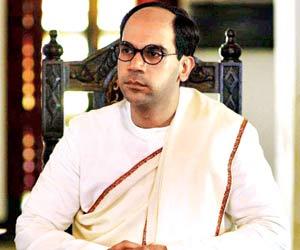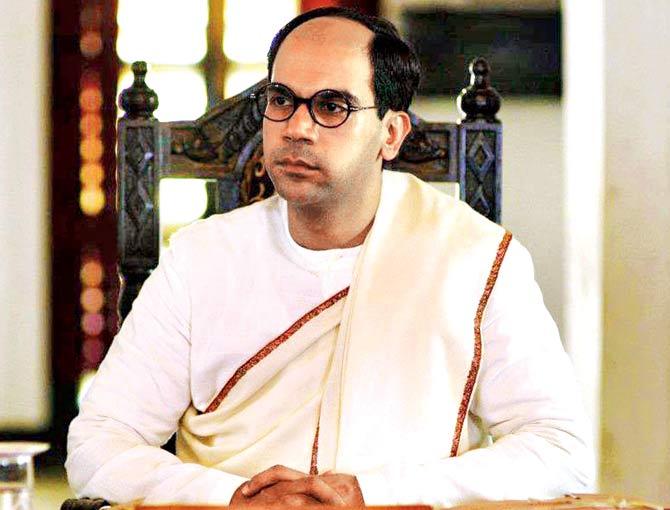Bose: Dead/Alive may not be a deep insight into the man who inspired lakhs to join the Indian National Army when Gandhi's non-violent resistance was at its peak, but it reignites the conversation around the leader

Bose: Dead/Alive
Rating: 
In a no-holds-barred interview last year, Anita Bose Pfaff, daughter of Netaji Subash Chandra Bose, had lamented how conspiracy theories have reduced her father to "the chap whose death is a controversy," negating his struggle for India's freedom from the country's political narrative. One wonders what her reaction will be to Ekta Kapoor's web series, Bose: Dead/Alive that presents the theory that would be discussed in hushed whispers in the late '40s and has gained credence over the decades with historians — that Bose staged his plane crash. Based on India's Biggest Cover-up by Anuj Dhar, the series also borrows its incandescent tone from the book. Written by Reshu Nath, the screenplay oscillates between the highlights of Bose's life and events that followed his death.

Rajkummar Rao in Bose: Dead/Alive
With their offering, director Pulkit and creator Hansal Mehta go beyond what meets the eye, bringing forth a critical take on the most asserted theory of the enigmatic leader's death. Why wasn't there a photograph of his body? Did a flight ever take off that day? Reiterating Bose's expertise as an escape artiste, Pulkit creates a tapestry that makes the Taipei plane crash seem balderdash. Moving at break-neck pace, the screenplay, though frequently jerky, manages to hold your attention. The taut script is brought alive by credible performances, at the centre of which is Rajkummar Rao. The actor has displayed an astute ability of getting into the skin of his characters. Here too, Rao brings on screen Bose's alluring cockiness blended with deep-rooted confidence. It's a plus that he nails Bose in look too.
In its first six episodes, there is much to admire. A scene involving the use of the barbaric skull-crusher as a weapon of torture will send a shiver down your spine. The cleverest scene, however, is the one where a Harry Houdini movie reaffirms to Brit officers that Bose could have escaped the crash. While some may argue that the storytelling has a sensationalist approach, it doesn't take away from the show. One wishes there was more material on the man behind the revolutionary - say, his ideological clashes with his British Raj-revering father - but Pulkit is focused on proving the theories about Bose's escape to Russia, and delivers on that count. Bose: Dead/Alive may not be a deep insight into the man who inspired lakhs to join the Indian National Army when Gandhi's non-violent resistance was at its peak, but it reignites the conversation around the leader. And
that is no mean feat for a show to achieve.
 Subscribe today by clicking the link and stay updated with the latest news!" Click here!
Subscribe today by clicking the link and stay updated with the latest news!" Click here!









